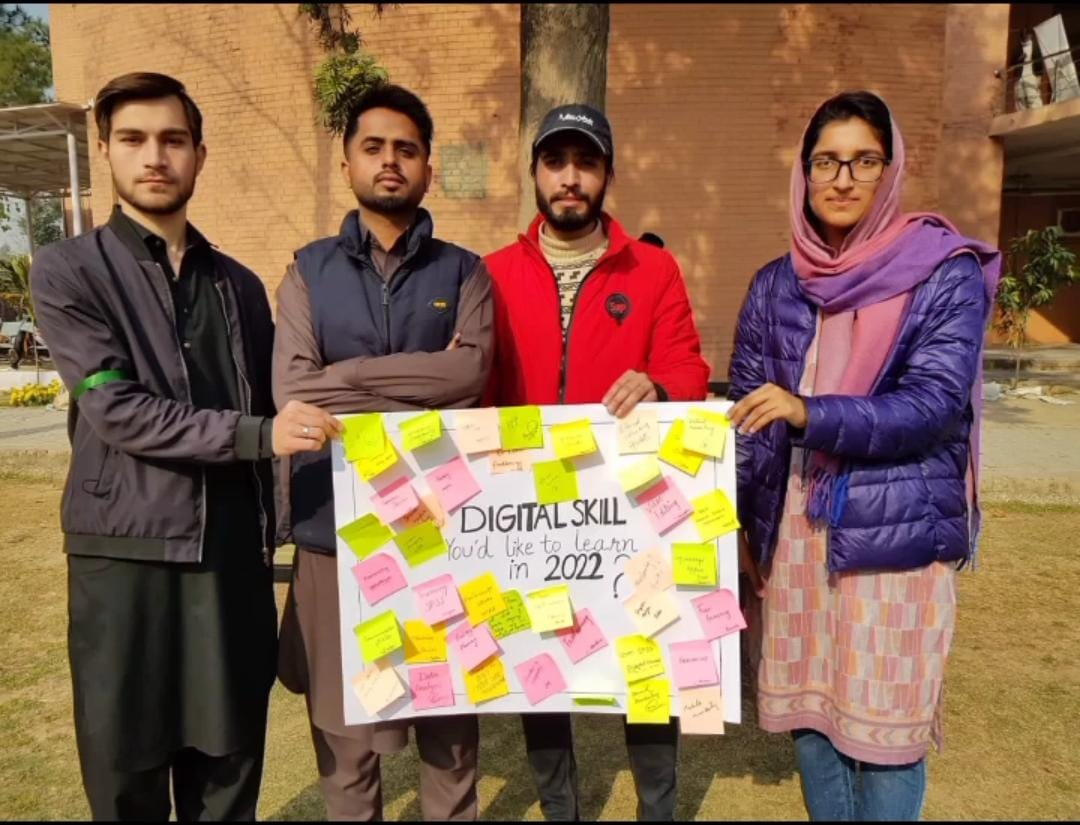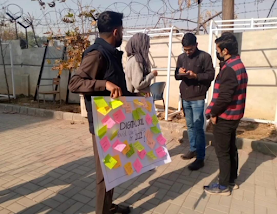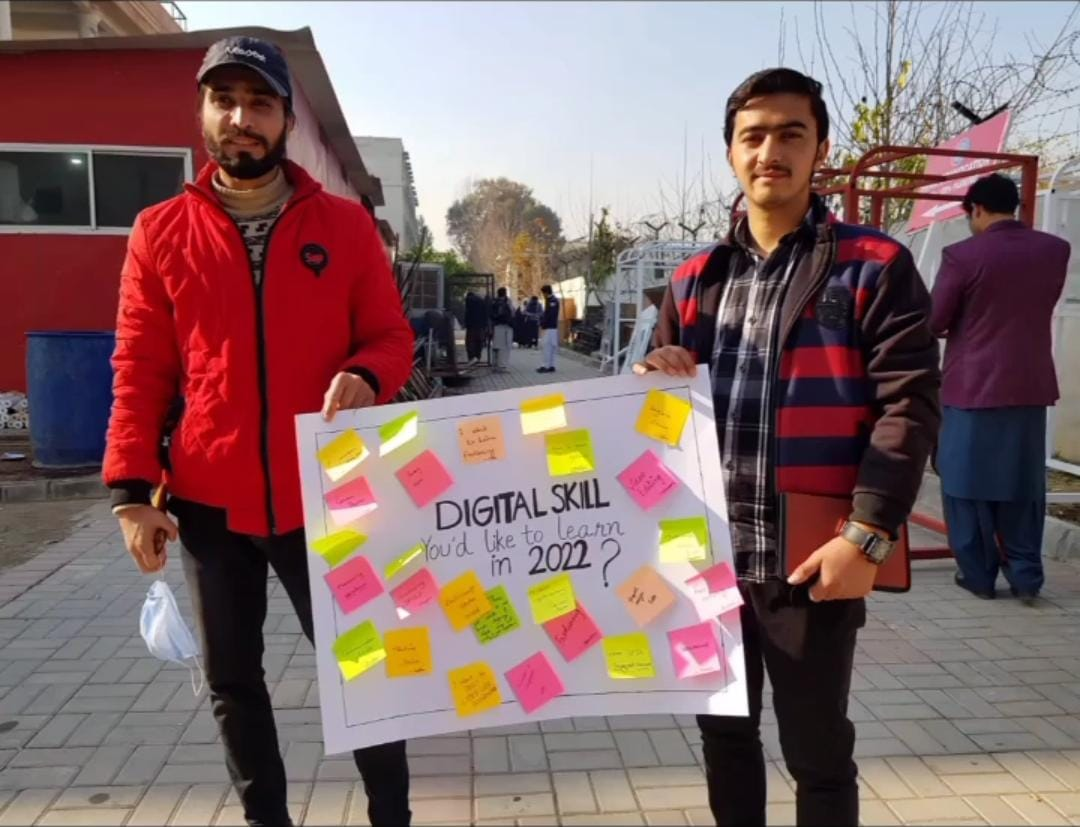LOGO:
VISION
MISSION
RESEARCH AIMS AND OBJECTIVES:
- To perform SWOT analysis of the current business curriculum already approved by HEC
- To conduct interviews with the corporate sector stake holders to know their requirements in the changing scenario and particularly Pak-China Economic corridor (CPEC)
- To find out the ways and means to make the current curriculum more market oriented.
- To bring recommendations beside the HEC for improvement in Business education curriculum.
- Determine the extent of the use of technological devices as well as the Internet by the student body in informal environments.
- Ascertain the degree to which ICTs are integrated into the daily life of the Z Generation.
- Ascertain the levels of digital skills by competency areas: information, communication, context creation, security, and problem solving.
- Analyze the results as a function of the sample characteristics for a better generalization of findings.
- Understand the possible implications of the findings in terms of teaching and training of the student body and, in view of the results obtained, study the curricular inclusion potential.
- How university students use information technology in the course of their training.
- What is the level of digital literacy of students in humanities.
- What is the motivation of students to enhance their digital literacy skills and competences.
- What are the ways and means of improving the level of digital literacy of university students (especially from first and second courses).
METHODOLOGY:
- Non-experimental quantitative and descriptive comparative research.
- Exploratory study, using semi-structured interviews and questionnaires.
- A cross-sectional, descriptive and correlational analytical observational study was carried out.
- Similarly, most of the universities are having affiliated institutes who primarily depend on visiting faculty and rely only on theory not on practice.
- Preliminary research
- Quantitative Research
- Empirical survey
NEW YEAR RESOLUTION
Date: 31st Dec 2021
Details:
CONCLUSION/SUMMARY:
“Numl Digital Skills Society” project which was based on SDG
No.8 “Decent Work and Economic Growth” worked from 27th September
2021 to 1st February. Their mission was to create an enabling
environment for youth through the development of digital skills and digital literacy.
This project covered the area of National University of Modern Languages.
Institution they contacted, worked with and discussed the project were the
Ministry of Information Technology and Telecommunication, National Skills
University, Islamabad., NAVTTC, TEVTA, Digital Pakistan Academy, Digiskills.pk,
SMEDA (Small and Medium Enterprises Development Authority.
This project was mainly designed for youth and student. The
main works on this project included Survey assessment, crash courses, webinar,
workshops, meeting and other activities. They conducted crash courses for five
days which include SPSS and Meta-analysis courses for three days and other
courses they did were graphic designing and freelancing for two days. They
conducted workshop to spread awareness and they practices Video editing, web designing,
MS Word, PowerPoint, Excel and also told about content writing. They conducted
a successful webinar on digital skills and freelancing and digital leadership.
The core purpose of this project was to aware students about digital marketing
and digital work.









Good work and very informative
ReplyDeleteGood job keep it up👏👏
ReplyDeleteVery informative
ReplyDeletewell done Abdullah and Junaid keep it up.
ReplyDelete